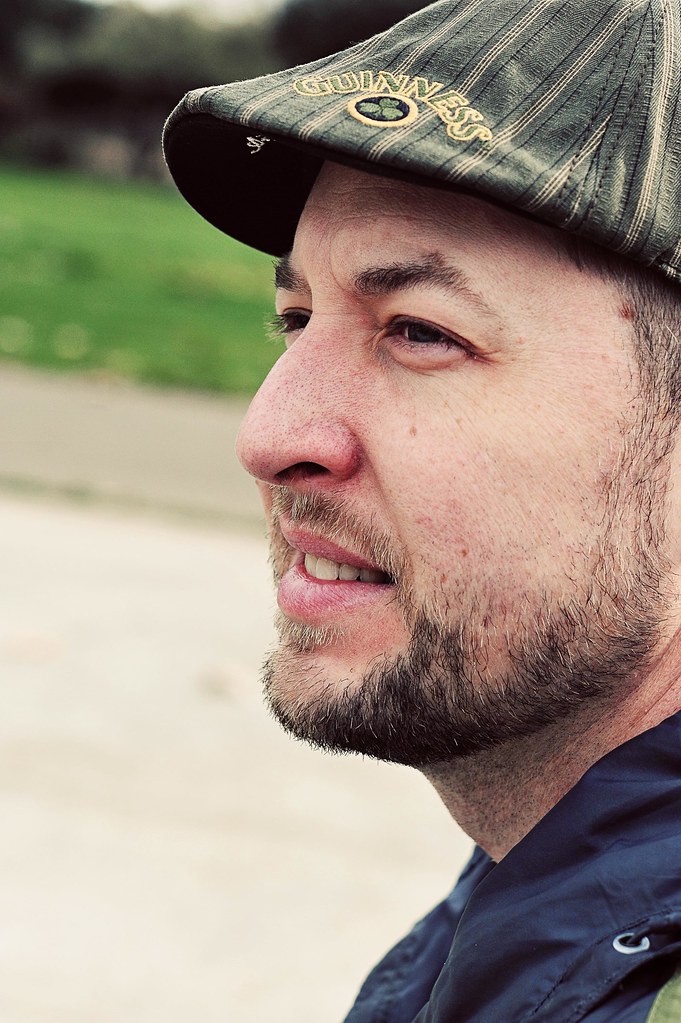For the last few weeks I've been meeting with a group of up and coming leaders in our church. They are leading a study around John Piper's When I Don't Desire God. In other centuries and on other continents, spiritual growth and multiplication is assumed and visible from the earliest days of Christian life.
We were puzzling over why that is not the case in the West. One brother, from the East who was converted in the West, mused that it was because we were ignorant and unaware of the nature of Biblical Christianity - - struggle, warfare, and growth go together. He really hit the nail on the head when he essentially stated that a call to discipleship and not just to belief is viewd as an addition to the Gospel, only because we have been proclaiming a Gospel that has subtracted all of the hard elements of the Christian life. I responded with the thought that "the Christian life" lived by Christ is normally viewed under the rubric "obedience", when in our Catechism and the Scriptures it is viewed under the rubric "humiliation" and "suffering service." One brother pointed to Job as the model and we chuckled how a PR campaign for the Christian life would look like with Job as the poster child!!
I had a feeling Newbigin would have some helpful insights, and lo and behold, he did:
The most famous and influential statement of the rights of man, however, defines them as the right to life, liberty, and the pursuit of happiness. there is reason to think that what was originally intended was 'public happiness,' that is to saythe happiness that comes from participating as free men and women in the management of public affairs. in practice, however, the pursuit of happiness without this definition came to be seen as the right of all people. Happiness is, of course, a word with multiple meanings. The question, 'what is true happiness?' can only be finally answered on the basis of the answer to another question: What is the chief end of man? But the age of reason had banished teleology from its way of understanding the world, and so 'happiness' had no definition except what each autonomous individual might give it. Moreover, there is a further element of pathos in this idea of the right to the pursuit of happiness. Medieval people believed with great seriousness that final happiness lay on the other side of death. They did not expect it in its fulness on this earth. But the methods of modern science provide no grounds for belief that there is anything beyond death. Hence, the whole freight of human happiness has to be carried in the few short and uncertain years that are allowed to us before death ends it all. The quest for happiness becomes that much more hectic, more fraught with anxiety that it was to the people of the Middle Ages. Lesslie Newbigin, Foolishness to the Greeks, pp. 26-27
Abraham, Job, David, Daniel, Jeremiah, Jesus, and medieval saints had a strong teleology operating. They could look past (e.g. Jesus Heb. 12.2-3) temporary pain/angst/uncertainty because certain things were certain. Perhaps now, we are certain of our entitlement to present victory/joy/satisfaction and uncertain of "the weight of glory." The weight of sufferings is ever near and the weight of glory doesn't register on our scale. The Western scale has been calibrated on the pursuit of happiness rather than a pursuit of persevering, enduring, and saving faith. Maybe that is why we have an anemic and whiney faith.
Hi, my name is Shawn and I'm addicted to the pursuit of happiness.
Subscribe to:
Post Comments (Atom)



5 comments:
Oh my gosh, I love your blog - very provocative! I have a podcast and this is precisely the kind of thing that we love to talk about! We're Catholic, but there's a lot of ecumenism happening in the comments section. I'd be honored if you felt like joining in! The podcasts are just 13-15 minutes, and you can listen on your computer or iPod. Peace be with you! (I'll link it, in case you're interested)
Oh, not sure the link worked: I'm at www.twoedgetalk.com
Great post my husband. Cyndi, I caught a keeper didn't I? :^D
Cyndi,
Thanks for coming by. I like the company you keep. Our family enjoys an internet proximity to the zaniness of Ree and her cronies, which now we know, includes you.
Nan told me about your podcast. It sounds interesting. I'll stop by and add to the ecumenism!!
God bless.
Shawn
interesting post. i am certain that there is life after our death. and that if we endure, with faith, the trials of mortality that we will have true happiness. as we have never felt here on earth.
Post a Comment